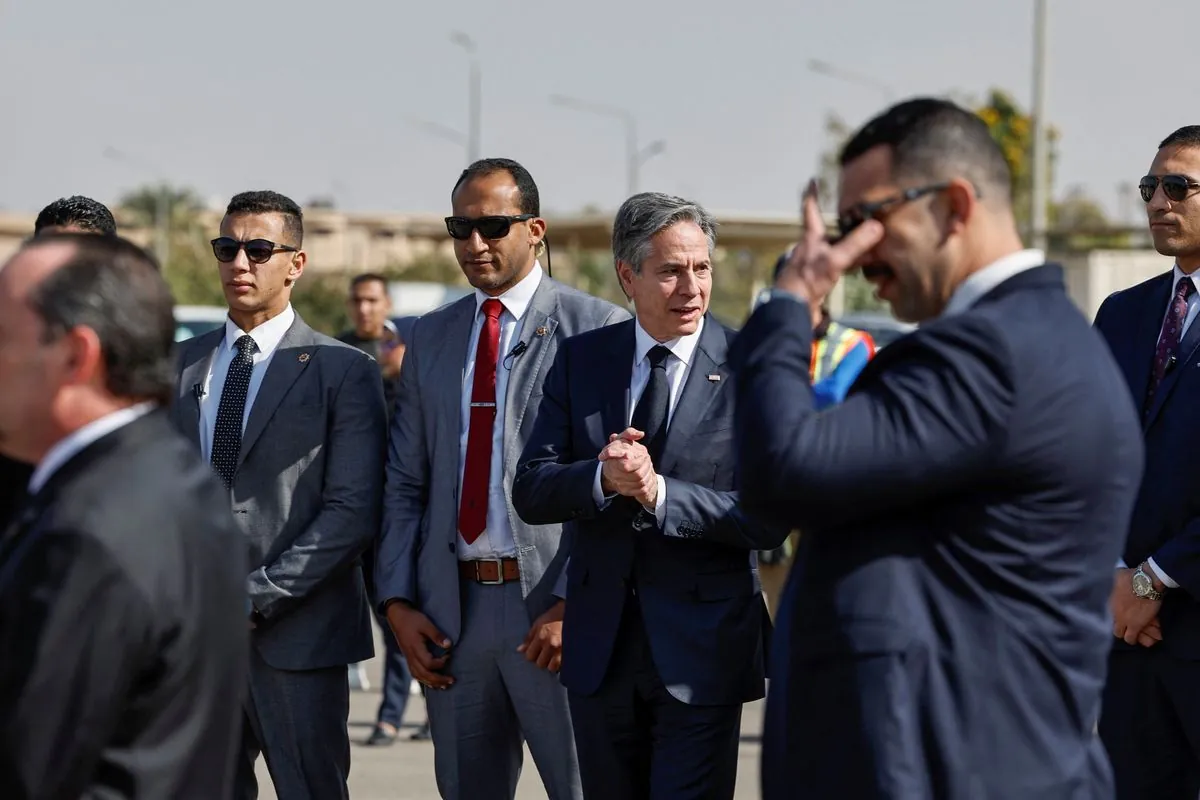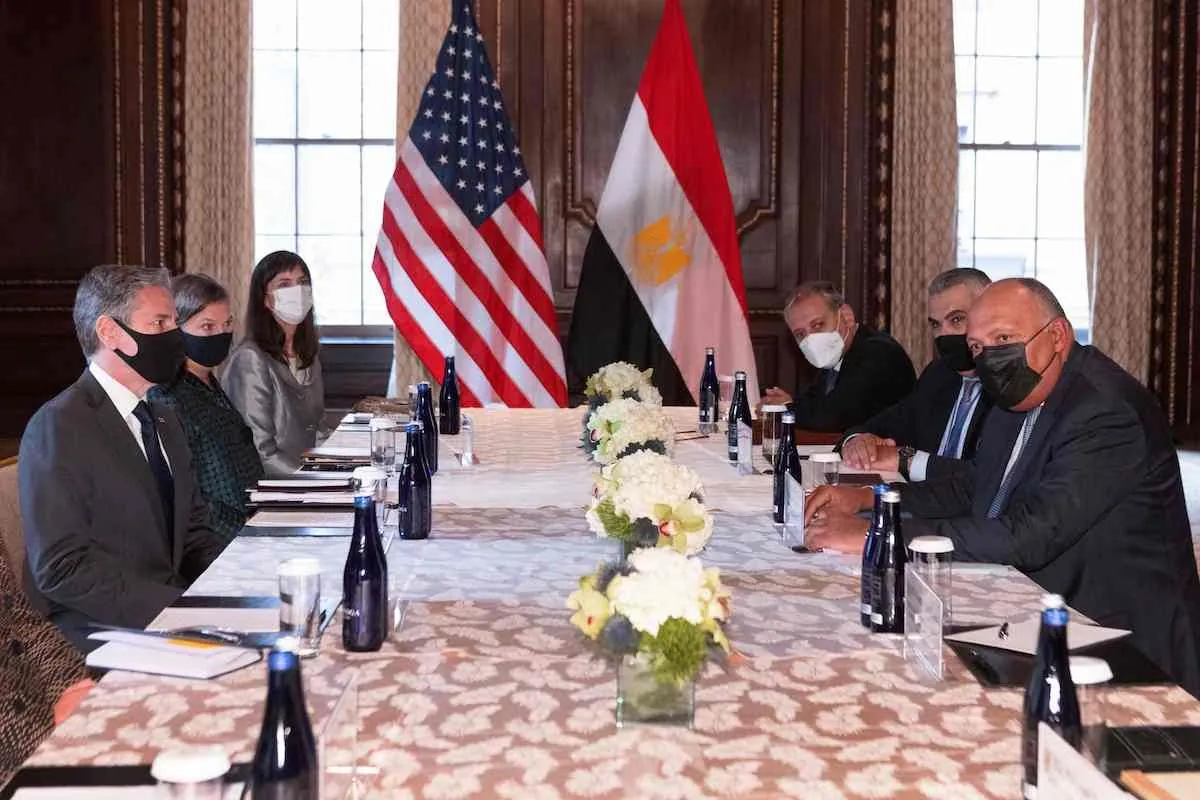Blinken's 10th Mideast Trip: Seeking Breakthrough in Gaza Conflict
U.S. Secretary of State Antony Blinken embarks on his tenth Middle East visit since the Gaza war began, focusing on refining a cease-fire proposal. The trip aims to advance negotiations amid complex regional dynamics.

Antony Blinken, the U.S. Secretary of State, is set to embark on his tenth journey to the Middle East since the onset of the Gaza conflict nearly a year ago. This diplomatic mission, commencing on September 17, 2024, aims to refine a cease-fire proposal for Israel and Hamas, with expectations for a breakthrough notably tempered compared to previous visits.
Blinken's itinerary includes talks with Egyptian Foreign Minister Badr Abdelatty and other officials in Cairo on September 18. The discussions will encompass both U.S.-Egyptian relations and consultations on the Gaza situation. Egypt, a key mediator in Israeli-Palestinian conflicts since the 1970s, continues to play a crucial role in peace efforts.
The U.S. State Department has emphasized Egypt's significance by announcing the full allocation of $1.3 billion in military aid, despite concerns over human rights progress. This decision underscores the complex interplay between diplomatic objectives and human rights considerations in U.S. foreign policy.

In a departure from previous trips, Blinken has no scheduled meetings with Israeli Prime Minister Benjamin Netanyahu. This change in approach reflects the challenges posed by Netanyahu's uncompromising public statements and demands, which have complicated earlier diplomatic efforts.
The current focus is on developing a revised proposal that could lead to a six-week cease-fire and the release of hostages held by Hamas in exchange for Palestinian prisoners in Israel. U.S. officials are working closely with Qatar and Egypt to craft this proposal, emphasizing the need for discretion to enhance the chances of success.
"We're trying to see that it's a proposal that can get the parties to an ultimate agreement."
The Gaza Strip, one of the world's most densely populated areas with over 2 million inhabitants in 365 square kilometers, has been under an Israeli-Egyptian blockade since 2007. The current conflict has exacerbated the already dire humanitarian situation, with widespread destruction and displacement.
Concurrently, tensions between Israel and Hezbollah in Lebanon pose a risk of expanding the conflict. U.S. envoy Amos Hochstein has been engaged in efforts to prevent escalation, emphasizing to Israeli officials the potential consequences of a full-scale war in Lebanon.
The ongoing negotiations face several challenges, including disagreements over the details of hostage and prisoner exchanges, and control over the Philadelphi Corridor, a narrow strip of land along the Gaza-Egypt border. These issues highlight the complexity of achieving a lasting peace in the region.
As the conflict approaches its one-year mark, the international community continues to seek a resolution that addresses the immediate humanitarian crisis and lays the groundwork for long-term stability in the region. The United Nations Security Council, which has passed numerous resolutions on the Israeli-Palestinian conflict since 1948, remains a key forum for international diplomacy on this issue.


































